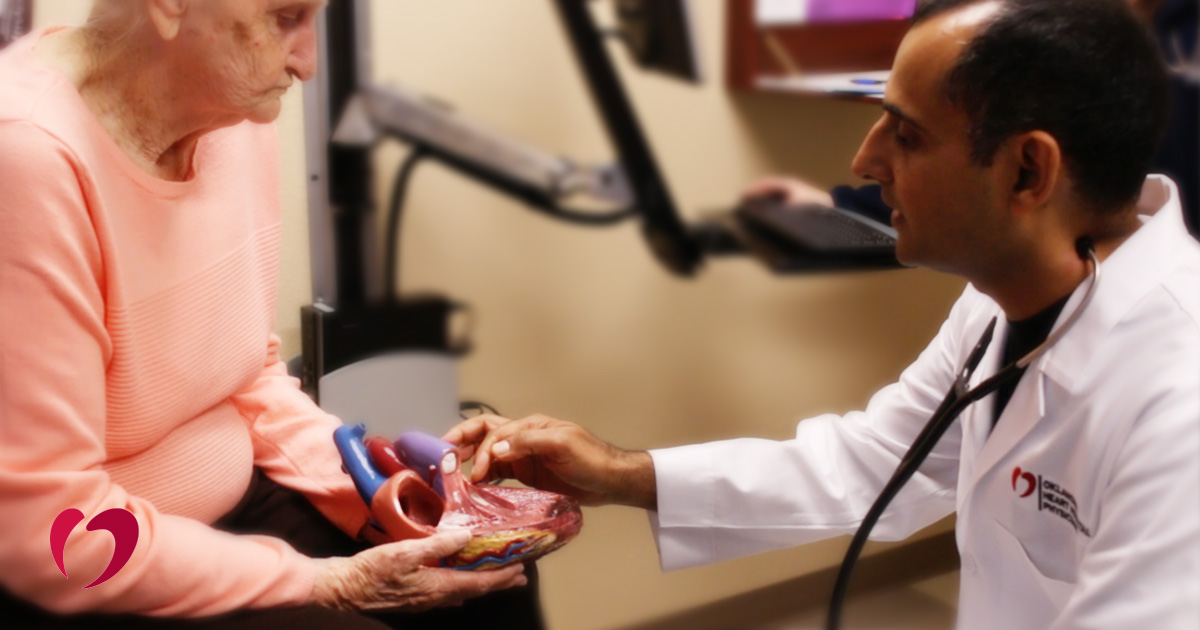Heart Attack Basics: Definition, Symptoms, and Prevention

A heart attack, or a myocardial infarction, is damage to the heart tissue that results from restricted blood flow (oxygen) to the heart. Heart attacks can be caused by a number of things, including fatty deposits (or plaque) in the coronary artery, blood clots from other parts of the body, a spasm of the coronary artery, abnormal heart rhythms that change the oxygen demand, or blood pressure that is either too high or too low. The most common cause is plaque in the coronary artery. The plaque builds up over time as fatty deposits develop and can then become unstable and break or rupture. In response to the bleeding, a blood clot forms that limits the blood flow to the heart.
Symptoms of a heart attack may include the following:
- Pain, pressure, or discomfort in the chest
- Possible pain, pressure, or discomfort in the arm, back, neck, jaw, or stomach
- Change in blood pressure
- Generally not feeling well
- Nausea or vomiting
- Sweaty, cold, or clammy skin
- Feeling dizzy or lightheaded
- Feeling like the heart is racing
If you have symptoms of a heart attack, seek immediate medical attention. A heart attack may be diagnosed through an EKG, a heart catheterization with dye in the arteries to look for blood clots, an ultrasound to examine how the heart wall is moving, or other tests to check for blood flow. Specifics enzymes can also be measured while an emergency physician works to relieve the pain and stabilize blood pressure. It’s important that complete blood flow to the heart be restored within 90 to 120 minutes, but the good news is that 9 out of 10 people survive a heart attack.
As with any heart disease, there are steps you can take to reduce your risk of a heart attack. Eating a healthy, well-balanced diet and getting regular exercise are two critical components of heart attack prevention. If you are overweight, consider working with a nutritionist to lose weight. If you currently smoke, make a plan to quit. Talk to your doctor about the best methods for controlling blood pressure, if you have or are at risk for high blood pressure. If you have other medical problems that increase the risk of structural heart disease, healthy habits and regular checkups are even more important to reduce your risk.
Contact the Oklahoma Heart Hospital today for more information about heart attack prevention and care.
